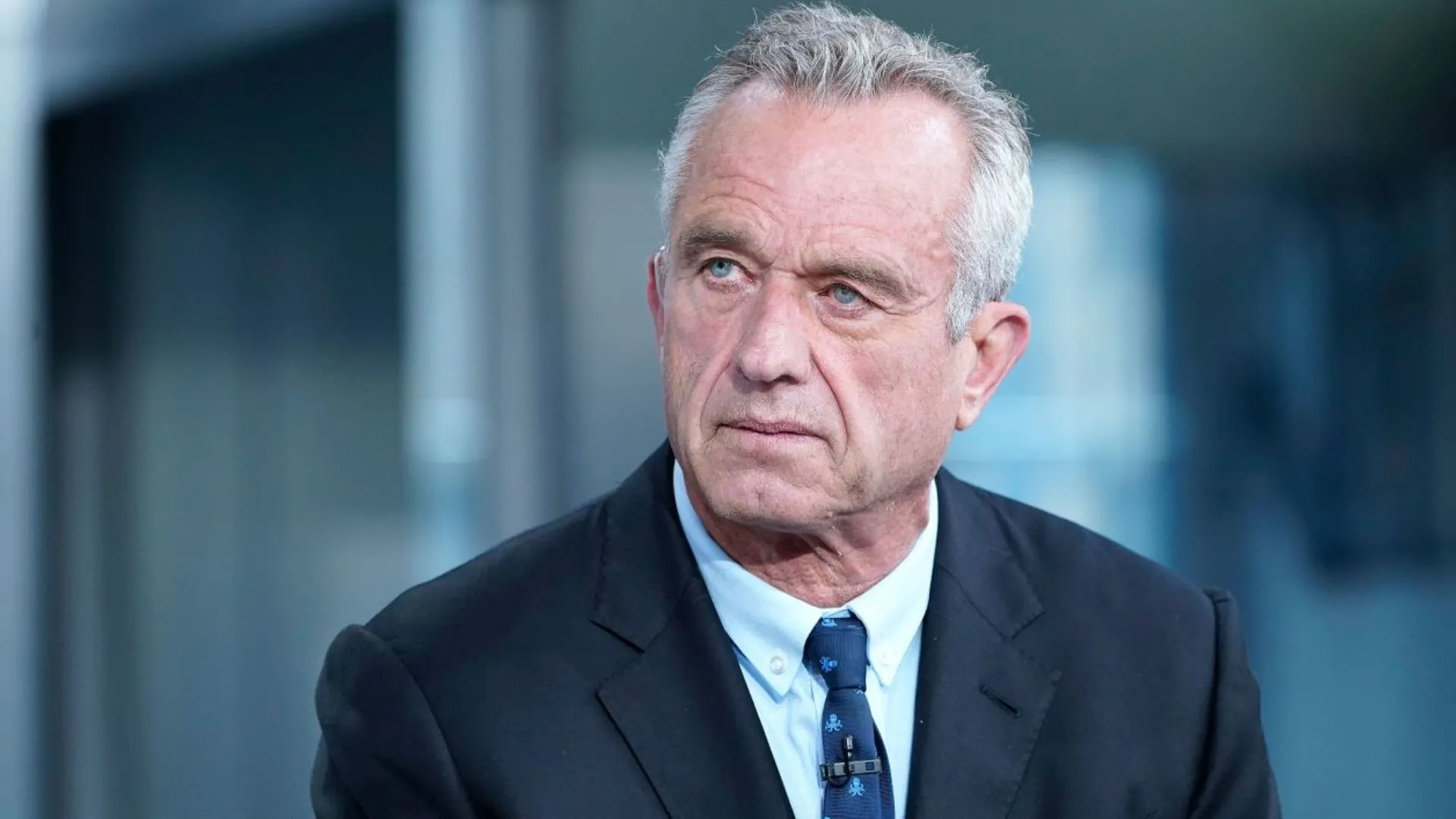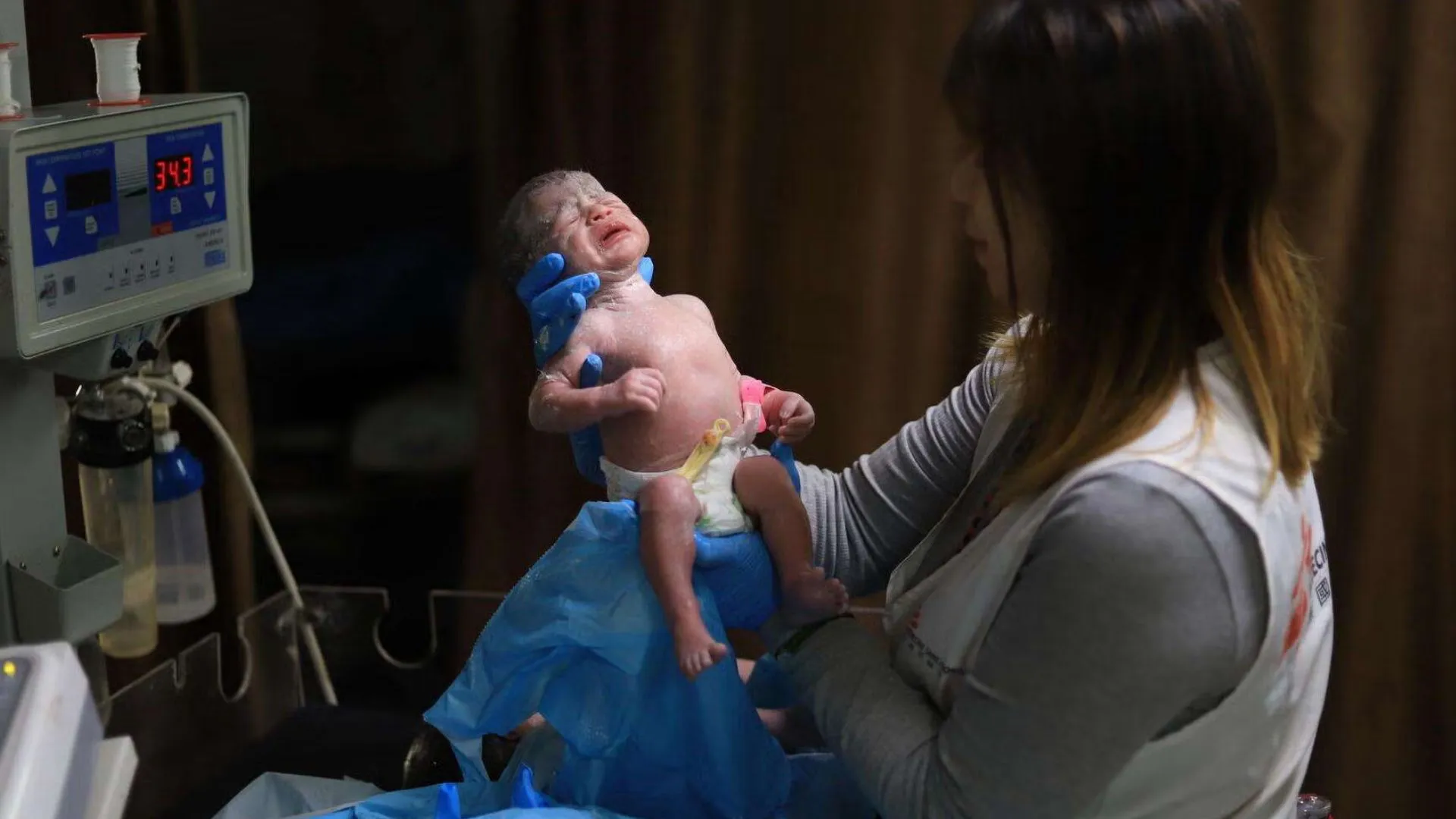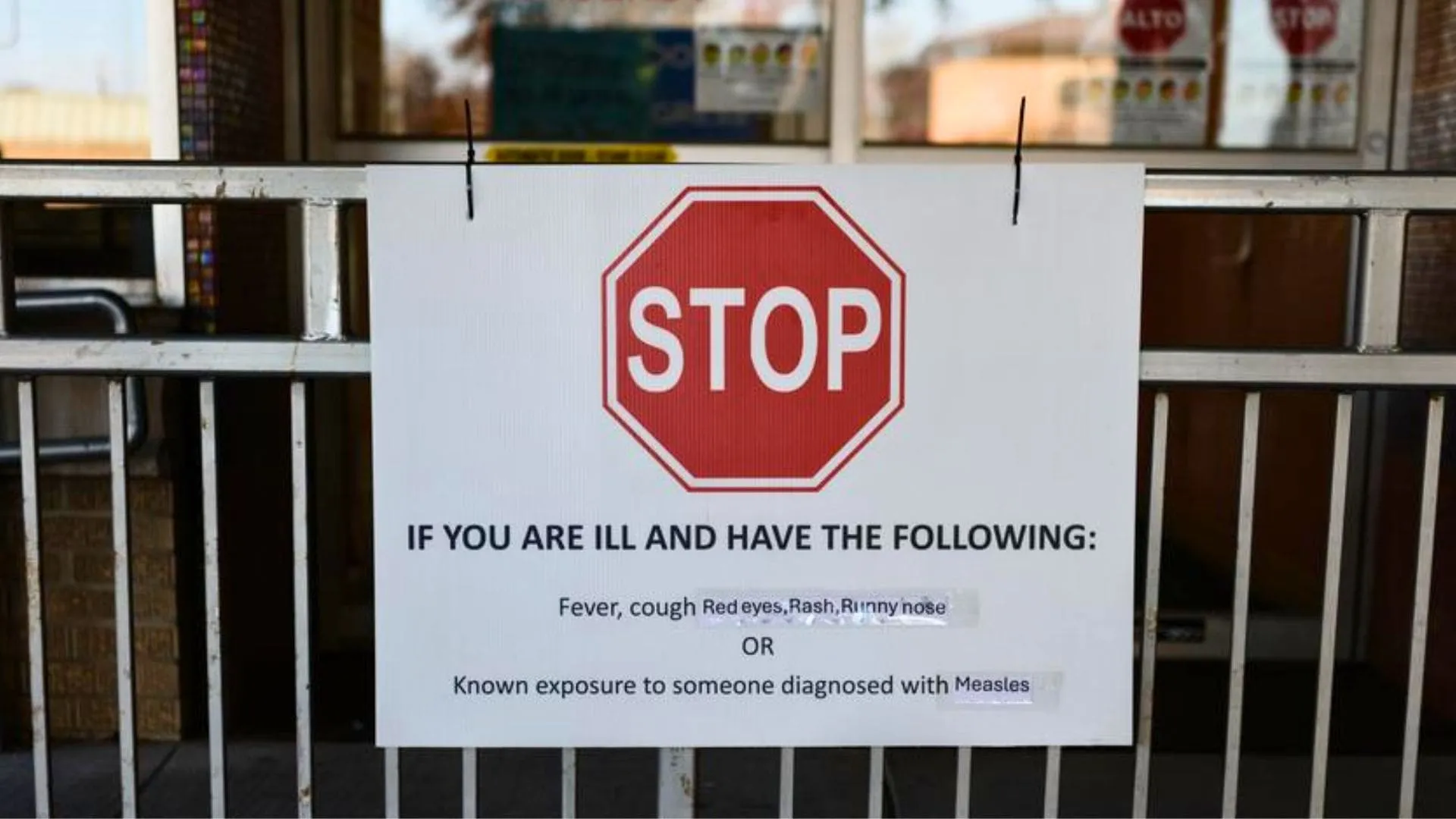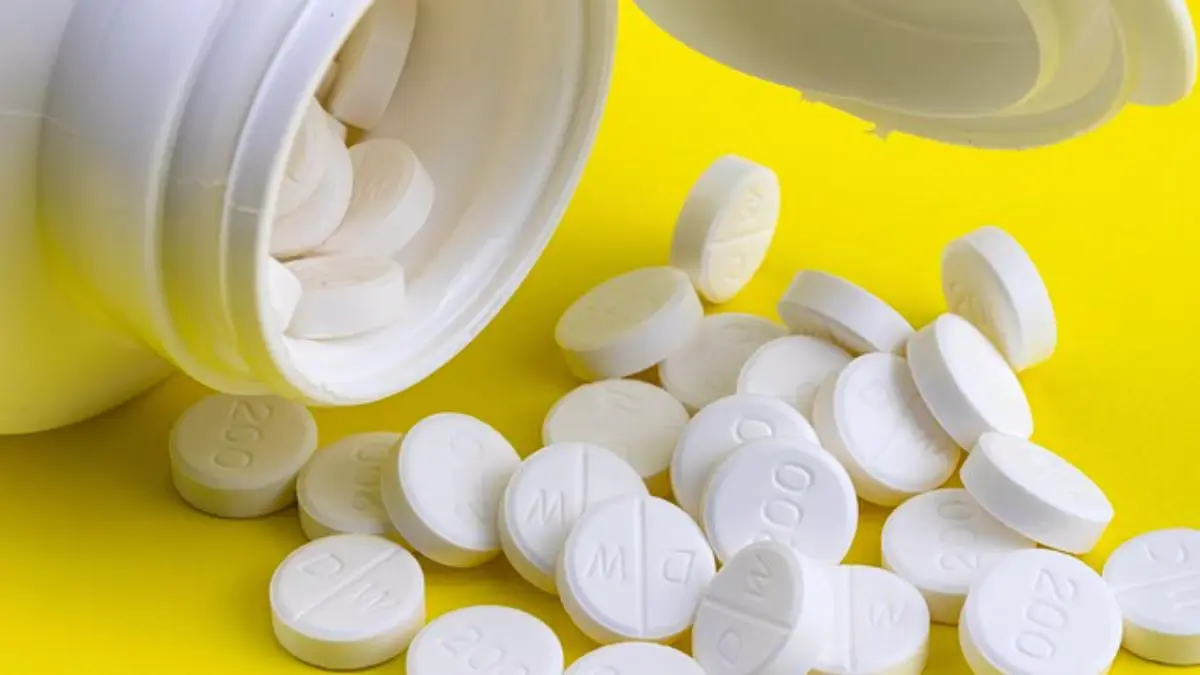There are eight Covid vaccine candidates in the third stage of clinical trials, and it is expected that the vaccine will come by the end of this year or in the beginning of next year. But the real challenge for both developing and developed countries will start after the vaccines undergo these clinical trials, prove to be safe and effective, and receive regulatory approval. The available doses will have to be allocated to participating countries in proportion to their total population sizes. As India is the second-most populous country in the world, delivering the vaccine to hospitals and pharmacies and mass immunisation are going to form the biggest challenge.
The Daily Guardian spoke to some top experts in the field, World Health Organization (WHO) South East Asia Regional Director Dr Poonam Khetrapal Singh, Satyajit Rath from New Delhi’s National Institute of Immunology (NII) and Raghavan Varadarajan, Professor at the Indian Institute of Science (IISc) in Bengaluru, to find out if India is prepared to handle cold chains and other important challenges regarding the storage and distribution of the vaccine.
What is the role of cold chains and cold storage?
A cold chain is a system of storage and transporting vaccines at recommended temperatures from the point of manufacturing to the point of use. According to WHO, it is an essential requirement for a vaccine and needs to be followed. Without the proper cold chain facilities, the vaccine will face the risk of being exposed to temperatures against the recommended temperature, which can result in the wastage of the vaccine.
According to Dr Poonam Khetrapal Singh, “The role of cold storage is to safeguard the potency of the vaccines. Each vaccine has to be stored, transported and handled at a particular temperature to avoid loss of its effectiveness. Different vaccines require different temperatures at which they must be stored and handled. The recommended temperature requirements for vaccines are specified for all vaccines. Failure to adhere to these requirements can lead to a loss of vaccine potency, leading to an inadequate immunity in the recipient of the vaccine. The cold storage facilities help to adhere to these temperature requirements.”
Besides cold chains, cold storage is also an important matter. “Vaccines are mostly biological material. This kind of material is heat-sensitive and can degenerate quite rapidly without cold storage. Therefore, cold storage is needed for most vaccines,” said Satyajit Rath from New Delhi’s NII.
Is India prepared for a cold chain for the vaccine?
The experts said that a real problem will arise regarding distribution and the capacity of cold storages. “Since India’s childhood immunisation programmes, including the polio vaccination campaigns, have needed cold storage, there is certainly some capacity for cold storage in the country for a vaccination campaign. However, there are likely to be two difficulties. One is that the scale of available cold storage is likely to be inadequate for the scale of the Covid-19 vaccination which will be needed. Thus it will need to be expanded a lot, both in quantity and in distribution across the country. The second problem is that India’s current cold storage facilities, adequate or not, are mainly refrigeration-level, but not freezing level, let alone ultra-cold level. Some of the Covid-19 vaccine candidates which are being tested for efficacy require these kinds of cold storage temperatures. That will compound India’s cold storage problem. In fact, ultra-cold temperatures are quite likely to be unachievable for India in a mass vaccination campaign,” said Satyajit Rath.
How will storage, distribution of the vaccine be a challenge?
According to Raghavan Varadarajan, Professor at IISc, Bengaluru, “A lot of infrastructure is required, for example, the vaccine formulations have to be refrigerated, and sufficient numbers of syringes, needles, swabs and other associated ancillaries are required and will need to be disposed of properly.”
At what temperature will the vaccine be stored?
Vaccine candidates like Moderna and Pfizer will require stringent standards for refrigeration, which may become a challenge for India.
“As I pointed out above, the different Covid-19 vaccine candidates being tested apparently need different cold temperatures. Some need about 5ºC above zero, some need about 10ºC below zero, and some need as much as 70ºC below zero. The particular vaccine candidates which will be licensed and be available in India will determine what sort of cold storage conditions will be needed. And since more than one vaccine may be available, different cold storage conditions might also be needed, complicating the issue further,” said Rath.
The bulk of vaccines will be distributed through the Centre’s Universal Immunisation programme (UIP) which has started systems like vaccine logistics and cold chain management and will involve capacity building and system strengthening. This program is supported by more than 27,000 functional cold chain points, out of which, 3% are located at the district level.























